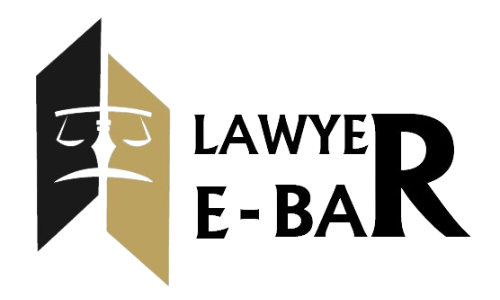01
Hiring Legal Counsel
While it is possible to file a High Court caveat on your own, seeking the assistance of an experienced legal professional is highly recommended. A skilled lawyer can guide you through the intricacies of the process and ensure that all necessary steps are taken.
